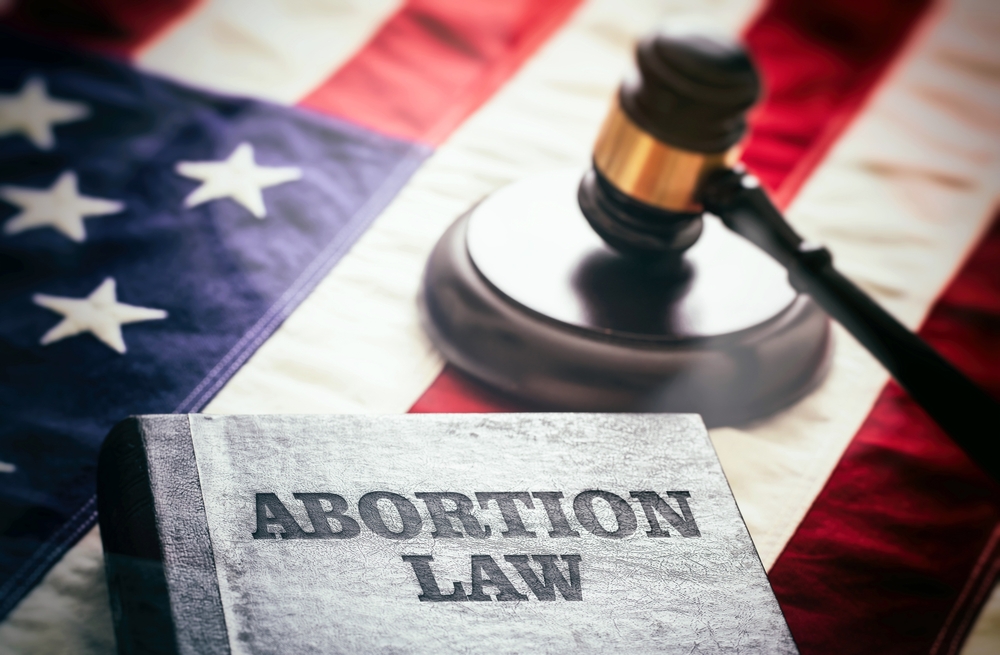A Jackson County circuit court judge has struck down Missouri’s abortion ban in a sweeping preliminary injunction that eliminates multiple barriers to reproductive healthcare access. The decision represents a watershed moment for women’s rights in a state that has become a battleground over abortion policy.
Judge Jerri Zhang’s ruling determined that Missouri’s comprehensive abortion prohibition likely violates the state constitution, marking the latest chapter in a complex legal saga that has seen the ban reinstated and now blocked again. The injunction extends beyond the primary ban to dismantle additional restrictions that reproductive rights advocates have long criticized as medically unnecessary obstacles.
Missouri’s restrictive framework dismantled
The court’s decision eliminates several key barriers that previously limited abortion access throughout the state. The 72-hour mandatory waiting period, which required women to delay procedures regardless of their circumstances, has been suspended. Additionally, the requirement forcing physicians to maintain hospital admission privileges within a 30-mile radius of their practice location has been blocked.
These restrictions had effectively created a patchwork system where geography determined access to reproductive healthcare. Rural communities, already underserved by medical facilities, faced particularly severe limitations under the previous framework.
Emily Wales, who leads Comprehensive Health of Planned Parenthood Great Plains, announced that abortion services would resume Monday in Kansas City. The restoration of services comes after months of legal uncertainty that forced many Missouri residents to seek care in neighboring states.
Political opposition intensifies
Missouri Attorney General Andrew Bailey has signaled his intention to appeal the ruling, characterizing the decision as an attack on medical safety standards. His office maintains that the blocked restrictions serve essential protective functions for women’s health, despite medical professionals’ arguments that such measures create unnecessary barriers to care.
The attorney general’s response reflects broader resistance among Republican officials to expanding abortion access, even when courts determine that restrictions violate constitutional principles. This opposition suggests that legal challenges will continue regardless of judicial outcomes.
Missouri’s health outcomes under scrutiny
The state’s approach to reproductive healthcare has coincided with concerning health statistics that contradict claims about protecting women’s wellbeing. Infant mortality rates have increased in states with comprehensive abortion bans, while maternal mortality rates reveal stark racial disparities.
Black women in Missouri face three times the risk of pregnancy-related death compared to their white counterparts, highlighting systemic healthcare inequities that restrictive abortion policies may exacerbate. These outcomes raise questions about whether current policies effectively serve their stated purpose of protecting maternal health.
Grassroots victory shapes legal landscape
The current legal battle stems from a successful grassroots campaign that placed reproductive rights on Missouri’s ballot last fall. Voters narrowly approved a constitutional amendment enshrining abortion access, making Missouri unique among states for actively reversing an abortion ban through direct democracy.
This grassroots victory occurred despite Missouri’s conservative political landscape, suggesting that public opinion on reproductive rights may be more nuanced than legislative actions indicate. The successful ballot initiative demonstrated that organized advocacy can overcome significant political obstacles.
Legislative challenges persist
While the court ruling provides immediate relief, the Republican-controlled state legislature continues pursuing restrictions through alternative channels. Lawmakers have classified abortion medications as controlled substances, potentially limiting access to medication-based procedures that account for the majority of early-term abortions nationwide.
A proposed 2026 ballot measure aims to reinstate abortion restrictions while adding exceptions for pregnancies resulting from rape or incest. This proposal has generated controversy because the original ban contained no such exceptions, highlighting the evolving nature of abortion policy debates.
The ongoing legislative efforts underscore that court victories may provide temporary relief while broader political battles continue. Reproductive rights advocates must navigate both judicial and legislative arenas to secure lasting policy changes.
Broader implications for women’s health
Research consistently demonstrates that restrictive abortion policies correlate with negative health outcomes for women and children. States with comprehensive bans have experienced increased maternal mortality rates and reduced access to comprehensive reproductive healthcare services.
The evidence suggests that abortion restrictions may undermine their stated goal of protecting life and health. Medical professionals argue that political interference in healthcare decisions creates dangerous delays and complications that evidence-based medicine would otherwise prevent.
Missouri‘s experience illustrates how abortion policy intersects with broader healthcare access issues, particularly in rural areas where medical services are already limited. The restoration of abortion services may improve overall reproductive healthcare availability for communities that have faced significant barriers to comprehensive care.
As legal challenges continue and political dynamics evolve, Missouri’s experience provides a case study in how reproductive rights battles play out in conservative states where public opinion, legal precedent, and political power create competing pressures on policy outcomes.














